Kidney Symptoms: Every day our minds process tons of information, our bodies perform thousands of actions. Living in this hectic world makes it much easier to miss some messages that your body sends you. And the consequences of not communicating and responding to these signals can be drastic.
Craft Side has made a list of Kidney Symptoms that indicate that your kidneys are not working properly. How many of these signals is your body sending you?
- 15 Exercises You Can Do to Lose Belly Fat,10 Free Minutes a Day
- 20 Facts About Human Blood We Didn’t Know About
- Honey Effect to Your Body If You Start Eating Honey Before Bed
1. Trouble sleeping
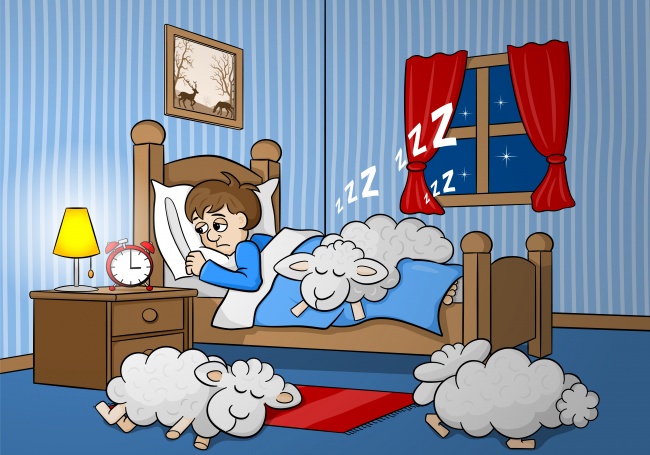
When the kidneys do not work properly, it means that toxins cannot leave the body through urine and remain in the blood. The increase in toxin levels makes sleep difficult. That is why when you sleep less, the chances of kidney function decline.
- Warning: people with chronic kidney disease suffer more frequently from sleep apnea. Sleep apnea is a disorder that causes one or more breathing interruptions when you sleep. These breaks can last from a few seconds to a minute. After each pause, normal breathing returns with a loud snort. Continuous intense snoring indicates that it is time to see a doctor.
2. Headaches, fatigue, and general weakness.
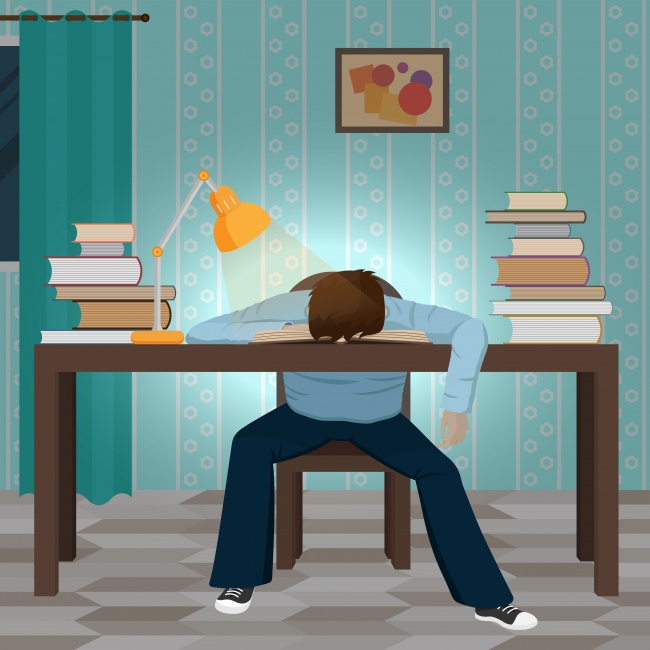
Healthy and functioning kidneys convert vitamin D in our bodies to maintain strong bones and produce a hormone called erythropoietin (EPO). This hormone plays an important role in the production of red blood cells. When the kidneys do not work properly, they produce less EPO. The decrease in red blood cells (those that carry oxygen) results in rapid fatigue of the muscles and brain.
- Warning: It is common for people with chronic kidney disease to have anemia. anemia can begin to develop when someone has 20% to 50% of normal renal function. If you are getting enough rest and sleep, but still feeling tired, weak and generally weak, you should see your doctor immediately.
- 15-Minute Belly Fat Workout for Those Who Are Too Busy to Go to the Gym
- 10 Changes in Your Body That Can Reveal About Your Health
- 12 Surprising Reasons Why You Can’t Get a Good Night’s Sleep
3. Dry and itchy skin
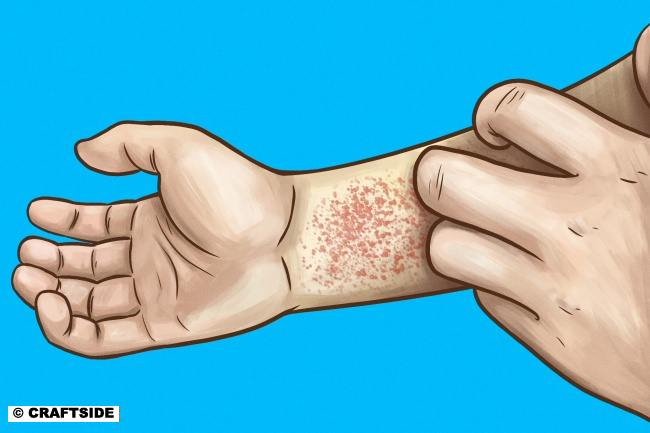
Healthy kidneys do a tremendous job of removing waste and extra fluids from the blood, helping to produce red blood cells and maintaining the right amount of minerals in your body. Itching and dry skin indicate kidney failure to maintain a proper balance of minerals and nutrients, which can lead to kidney and bone diseases.
- Warning: If you have dry and itchy skin, try to stay hydrated. Remember, before taking any medication for itching, consult your doctor. Certain medications have ingredients that could further impair renal function.
4. Experience bad breath and metallic taste.
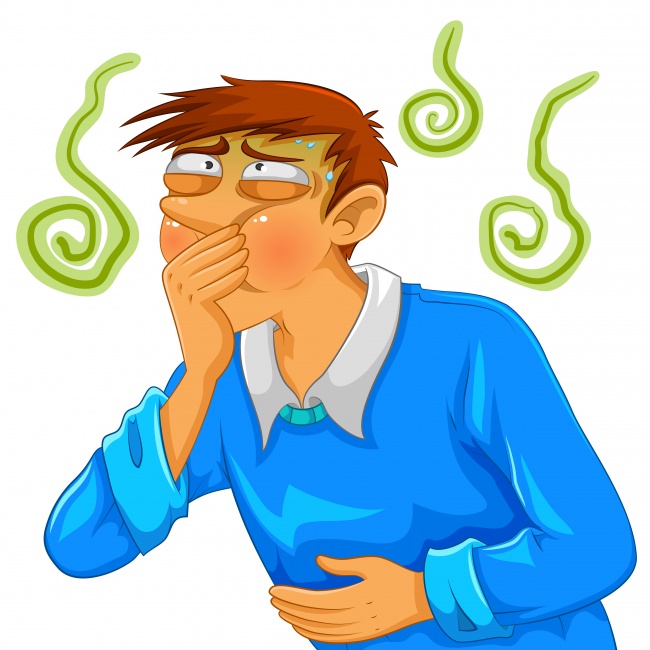
When waste accumulates in the blood, it changes the taste of food and leaves a metallic taste in the mouth. Having bad breath is another sign of having too many toxins and contamination in the bloodstream. In addition, you can stop craving meat and lose your appetite in general, which can lead to harmful weight loss.
- Warning: There are several reasons why foods may have a metallic taste (from allergies to oral health problems). Normally, the metallic taste of the mouth should disappear if the alleged cause has been addressed. If the taste continues to appear, you should contact your doctor.
5. Shortness of breath
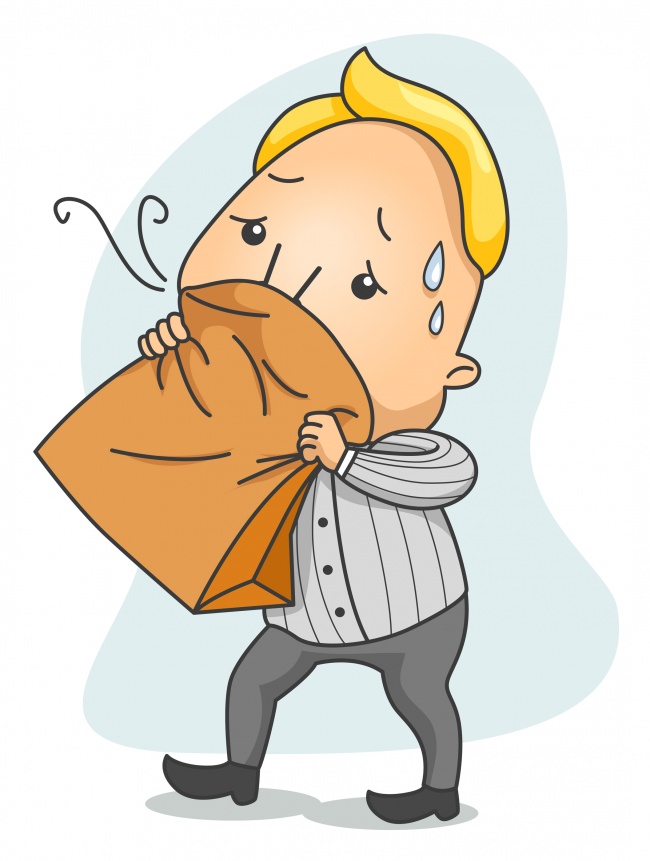
The relationship between kidney disease and difficulty breathing, especially after little effort, is caused by two factors. First, the extra fluid in the body moves to the lungs when the kidneys do not work properly. Second, anemia deprives the body of oxygen and this results in shortness of breath.
- Warning: There are several reasons for difficulty breathing, from kidney failure to asthma and lung cancer or heart failure. If you discover that you are constantly out of breath after making very little effort, contact your doctor immediately.
6. Swelling in the ankles, feet, and hands.
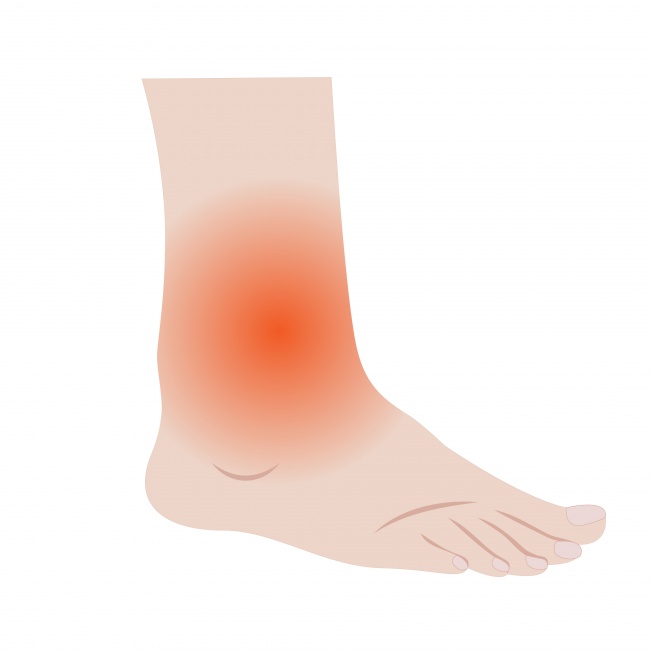
Malfunctions that do not remove any additional fluid from the body. This leads to sodium retention, which causes swelling in the ankles, feet, and hands. Swelling of the lower body can also indicate heart and liver disease or problems in the veins of the legs.
- Warning: sometimes taking medication, reducing salt and eliminating excess fluid in the body can stop swelling. If that doesn’t help, you will need a separate treatment.
7. Having back pain
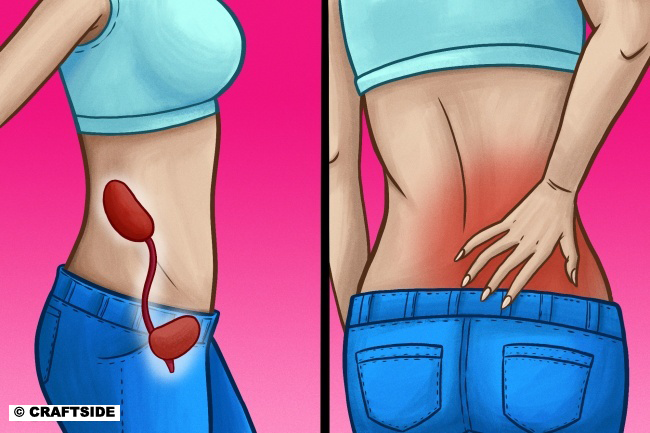
Kidney failure can cause back pain that is usually deep and is just below the rib cage. It can be felt in front of the groin or hip region. Back and leg pain can be caused by renal cysts, which are large fluid-filled sacs formed in children and are the result of polycystic kidney disease.
- Tip: back pain caused by kidney failure is accompanied by nausea, vomiting, high body temperature, and frequent urination. Normal back pain that has no correlation with the kidneys behaves differently: the pain is more localized and occurs suddenly, there is no fever. If you continue to have back pain and pain relief pills are not effective, see your doctor.
8. puffy eyes
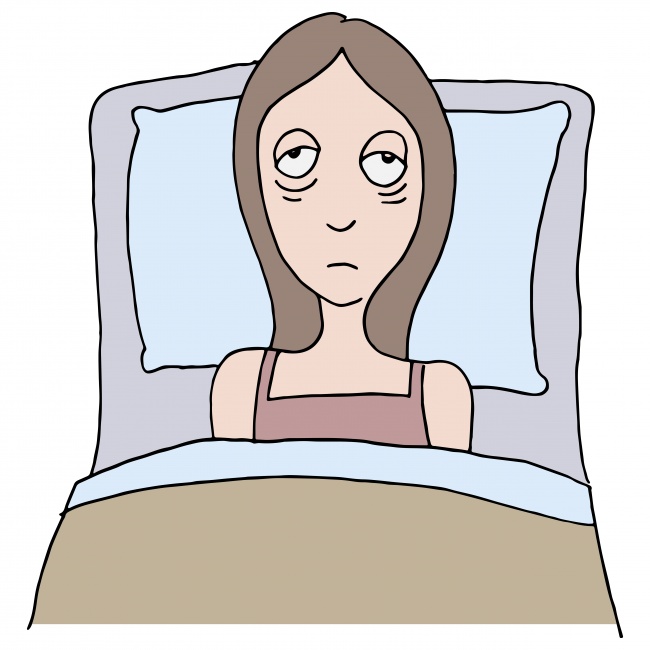
An early sign that the renal filter system is damaged is the appearance of protein in the urine, which can cause swelling around the eye area. The swelling around the eyes can be explained by the fact that the kidneys filter a large amount of protein in the urine instead of retaining it and distributing it throughout the body.
- Tip: If you are sure that your body is getting enough rest and protein, but you still notice swelling around your eyes, make an appointment with your doctor.
9. High pressure
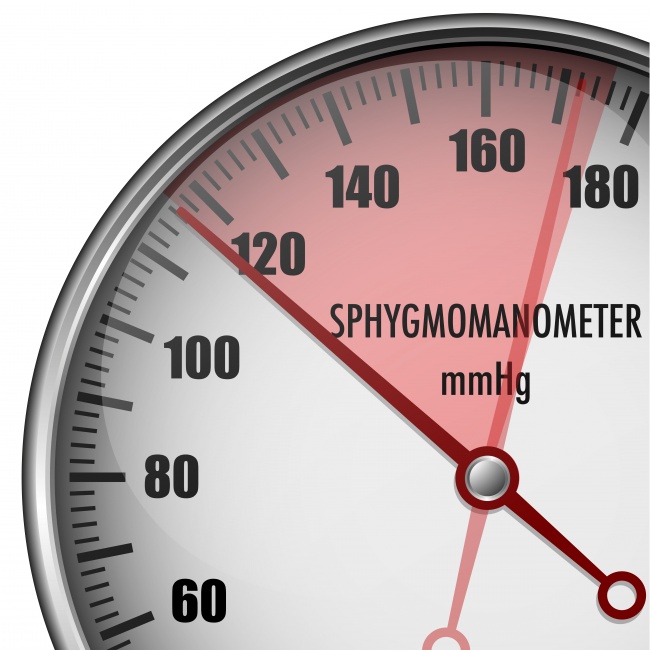
Kidney Symptoms: Your circulatory system and kidneys depend on each other. The kidneys have small nephrons that filter waste and extra blood fluids. If the blood vessels are damaged, the nephrons that filter your blood do not receive enough oxygen and nutrients. That is why high blood pressure is the second leading cause of kidney failure.
- Tip: Learn to control your high blood pressure to prevent kidney failure. Add foods rich in folic acid, as it is involved in the production of red blood cells and can help prevent anemia.
10. Changes in urination
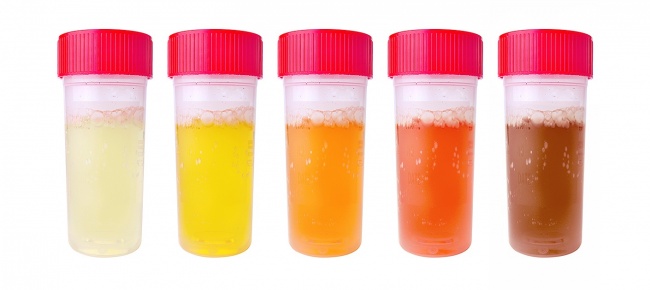
Kidney Symptoms: Your kidneys are responsible for producing urine and eliminating waste through it. Changes in urine frequency, smell, color, and appearance should not be ignored. Common types of changes include:
- Increased need to urinate, especially at night. Any place between 4 and 10 times a day is considered normal.
- Seeing blood in the urine. Healthy kidneys filter blood debris to produce urine, but if the filter is damaged, blood cells can begin to “leak” in the urine.
- Having foamy urine Urine blisters, especially those that require washing several times until they disappear, indicate that there are unwanted proteins in the urine.
Have you ever had a Kidney Symptoms? Share your experience in the comments.

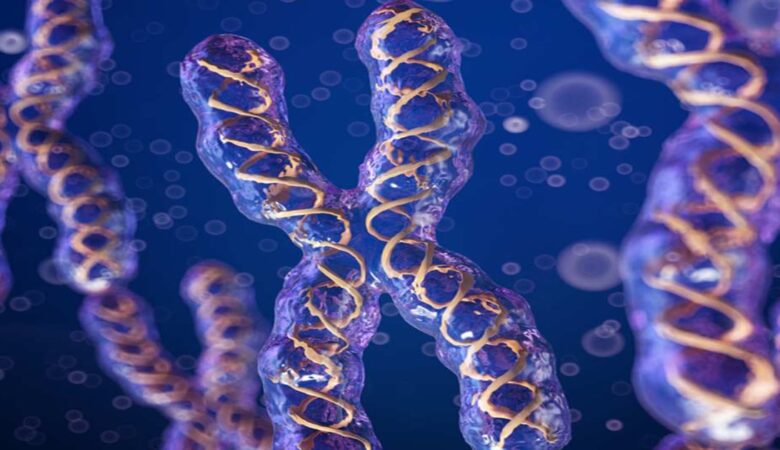

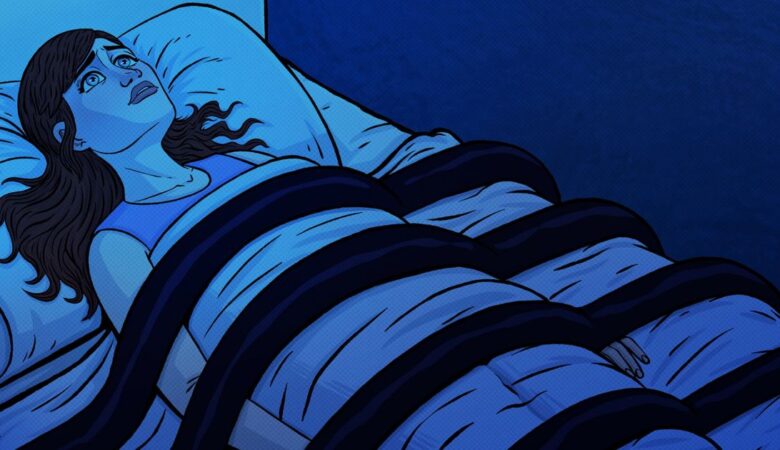





Leave a Reply